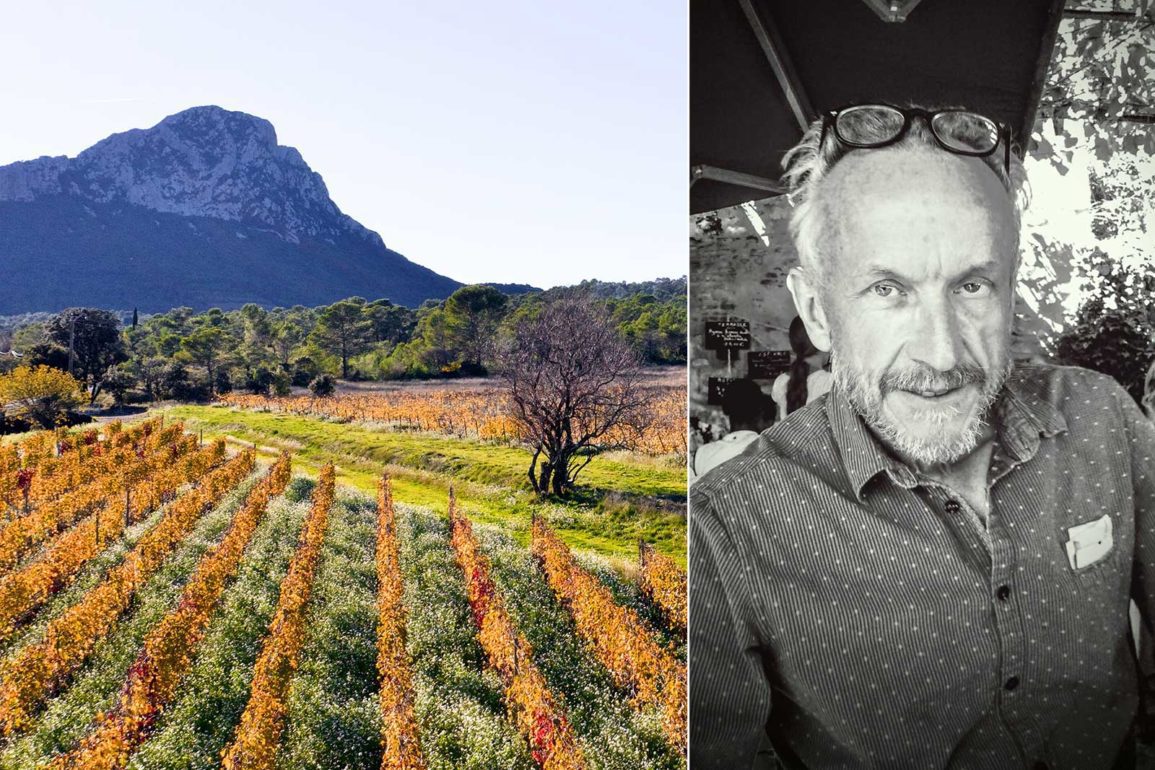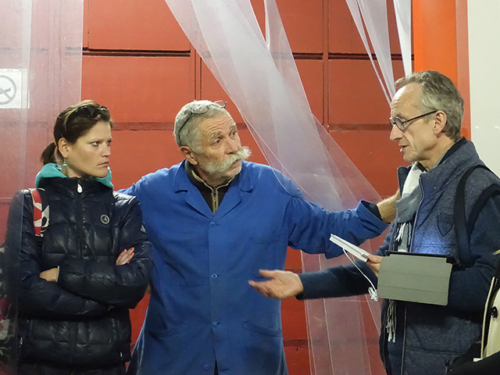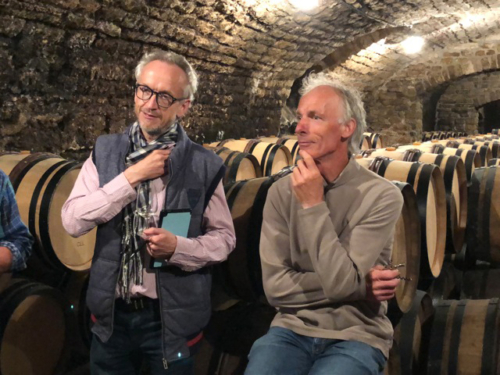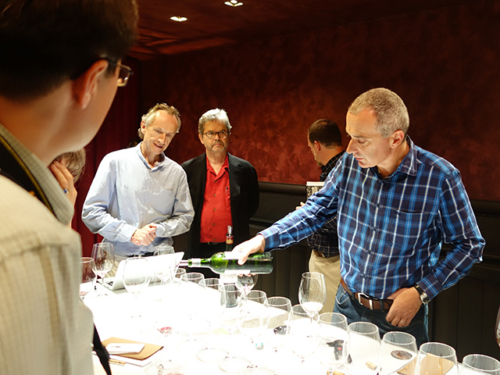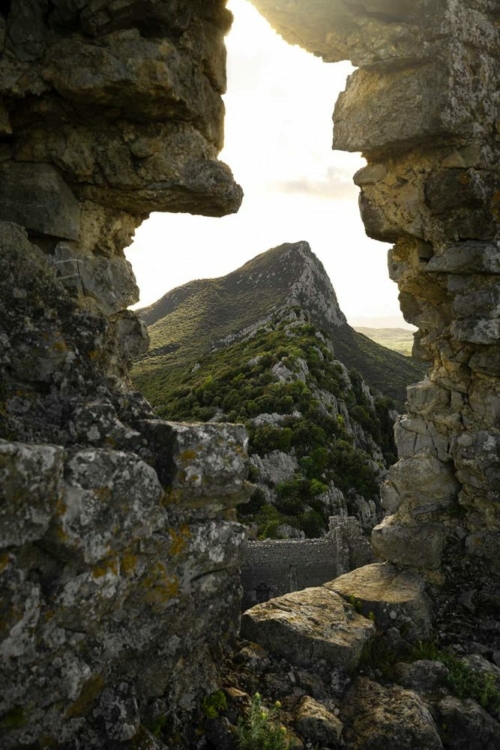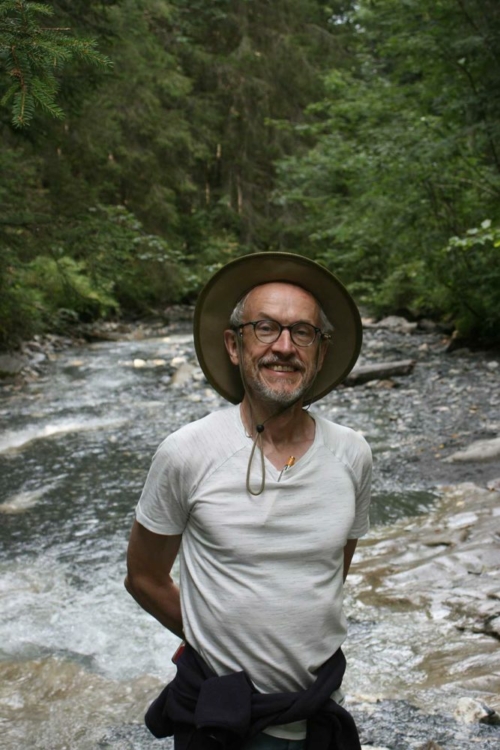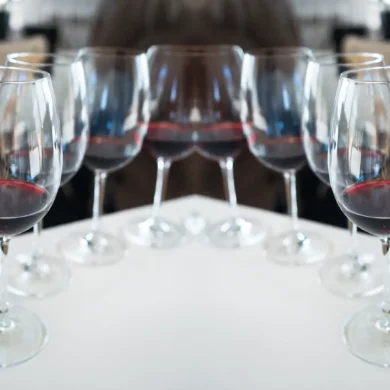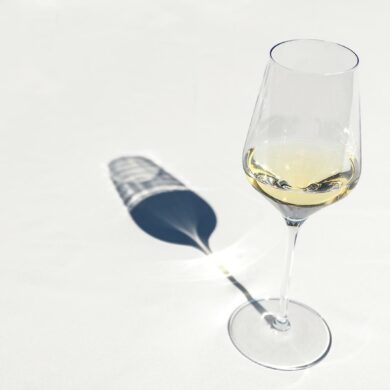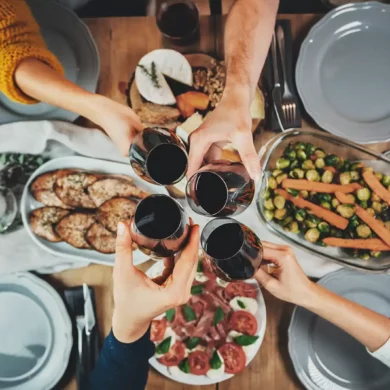The language of wine is particularly prone to buzzwords. Engage with any number of recent wine-related posts or articles and you will have noticed an uptick in use of the word “refreshing.” Often used to describe a lifting sensation from acidity, the word has become a particular favorite of wine communicators and even wineries themselves — both sides of the fence aiming to break the stodginess of the drab tasting note. Refreshing means to reinvigorate (which some wines certainly do) but also to stimulate by being new. Because of this, one gets the feeling that the word’s sudden appeal has more to do with reinventing our craft than appropriately describing what we’re tasting.
One has to be careful, though, for aiming at newness alone can have diminishing returns. What might appear unique one moment (such as the glamour of zealotry on natural wine topics, or channeling one’s megawatt charisma into the latest meme) quickly becomes as fatiguing as an oaky red wine on a hot day. To be consistently original yet have your work hold up over time? That’s no easy feat. Add honesty and insight, and you have the trifecta for any wine communicator.
Among us, few do it better (still) than wine writer Andrew Jefford. His ability to thread the needle between artful but pointed prose and candid, relatable guidance on matters of wine is second to none.
“Invite life into wine — with imagination, with humour, with fun. Take it off the rails; turn it inside out, write all over it; reclaim it for yourself. There are no limits, and nothing is sacrosanct.”
Andrew Jefford in Decanter
“Wine is not wine alone; wine is part of life,” he recently wrote for Decanter, where he is a regular contributor. “Invite life into wine — with imagination, with humour, with fun. Take it off the rails; turn it inside out, write all over it; reclaim it for yourself. There are no limits, and nothing is sacrosanct.”
“Nothing is sacrosanct…” No wonder I enjoy reading his work so much.
A Persistent Curiosity
In describing Jefford’s career, “prolific” might be an understatement. He began writing for Decanter in 1988, and he continues to pen columns for them monthly. He is also the contributing editor of The World of Fine Wine (his “One Bottle” columns are essential reading), and he has published several books, including “Andrew Jefford’s Wine Course,” “The New France” and “Whisky Island,” each of which have earned numerous reprints because of their enduring relevance. It is one thing to have a wine writing career extend beyond 30 years. Quite another to still remain “refreshing” and thoughtful after all those tastings and deadlines. What fuels Andrew is his persistent curiosity, but als0 an understanding of who he is: a writer, first and foremost. “The chance to write about wine was simply a chance to write,” he notes in the interview that follows.
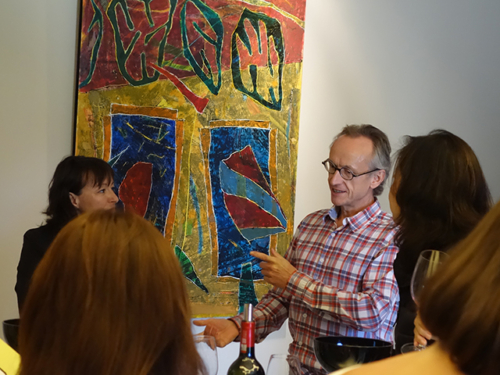
After years of reading his columns, I was personally introduced to Andrew last year in lockdown via the Wine Scholar Guild, where he serves as the Academic Advisor. They were looking for someone to moderate a series of written debates on pressing matters in wine. Andrew would anchor one side of each debate, and another prominent figure in wine would bring a counterpoint. I jumped at the chance.
Since then we’ve covered the nature of natural wine with Simon J. Woolf, the relevance (or irrelevance) of appellations with Robert Joseph, what is meant by balance and ripeness with Julia Harding MW, and the shifting role of language and tasting notes with Burgundy wine critic William Kelley.
Through our numerous exchanges, I glimpsed not only his enduring curiosity and agile intellect, but also his genuine kindness. Not one for pontificating (a rarity in this business), he has been genuinely eager to absorb different perspectives and express interest in new ideas.
Today we are launching a new editorial series, A Life in Wine, in which we will explore the many ways wine has defined the careers, personal lives and world views of compelling people in the wine business. Andrew was at the top of my list to kick it off, and I’m honored to share his story here. What follows are many of the questions I’ve been eager to ask him during our debate series, but which were — of course — completely off-topic at the time. A list of articles that demonstrate Andrew’s exceptional writing craft follows.
An Interview with Andrew Jefford
Kevin Day: Let’s start by looking back on where it all began: would you say that you found wine, or did wine find you? What was the moment that sparked your life in wine?
Andrew Jefford: There were a few, Kevin, after the usual shaky start (I’ll spare you those details). I began to make wine at home (from grape-juice concentrate, carrots, elderflowers … ) so the family could drink a bit more than a single bottle of cider for Sunday lunch. That got me interested in the near-miraculous process of fermentation and kept us jolly, though the wines weren’t great. When I got a job in my year off before Uni, I spent most of my spare money on wine and books about wine: I loved the combination of intellectual pursuit and sensual enjoyment: you could say I was hooked then. Later, I lodged in a very weird but gastronomic household while I was at University; the people hanging out there cooked well and loved eating, so I discovered the joy of good food with good wine. (Though they hated washing-up: that was my job.)
Kevin Day: Why was appreciating wine as a hobby not enough? Why did you feel compelled to write about it and devote your career to it?
“I’m not a geek, and wine isn’t my reason for living; I don’t eat, breathe and sleep wine, as some of my colleagues do. Wine isn’t my family life and it isn’t my social life. But wine culture is beautiful and intriguing.”
Andrew Jefford
Andrew Jefford: I loved writing. The chance to write about wine was simply a chance to write. The subject had long inspired me and I loved the travel … but life could have turned out differently; I would have been very happy with wine as a hobby, as long as I could have been writing in some way or other. I’m not a geek, and wine isn’t my reason for living; I don’t eat, breathe and sleep wine, as some of my colleagues do. Wine isn’t my family life and it isn’t my social life. But wine culture is beautiful and intriguing. The chance to write about it has been a privilege.
Kevin Day: You are also an enthusiast of poetry and from time to time, as I understand it, you write a little poetry too. People often associate poetry (and wine writing for that matter) with flowery language and flourishes, but your writing is always much more precise than that. How has the practice of reading and crafting poetry honed your wine writing and how you communicate — or even think — about wine?
Andrew Jefford: Poetry is the chance to glimpse that which is most important, original and beautiful in life, and to try to find words for it. I missed writing of that sort. So from 2011 I went back to writing short texts of three lines which I “published” on Twitter; I’ve done that ever since. These save my life; they are a safety valve. I hesitate to call them poetry; ‘short texts’ is fine. They are a chance to say things I couldn’t otherwise say, things which to me are very important, and often more important than wine.
I try not to lose sight of that way of seeing and thinking and feeling in my writing on wine, too, and in recent years I have been lucky enough to work with editors who don’t insist on formulaic wine texts. All good writing should aim at economy and precision. But imagination and risk-taking is important, too, since it is only by those paths that you can find your way to poetry, to what matters, what endures.
Kevin Day: You now live in the Languedoc near the area of Pic St-Loup. What can you tell us about this area’s wines, and — more specifically — the culture surrounding wine in the Languedoc? Does the role of wine at the table differ from other parts of France in any way?
Andrew Jefford: Wine has been a way of life here in Languedoc for 20 centuries. But it has often been troubled and trounced by catastrophe and setback, by low expectations; it has been a wounded and scarred wine culture, and it is still recovering from those troubles. Languedoc is huge; it’s often remote, and empty, depopulated. It’s not “pretty” like Provence; the rich Parisians and the yachting folk don’t flock here. It’s tough; its beauty is rugged, testing, sometimes austere. Languedoc doesn’t yet have a great food culture, because wealth has always been hard to come by here, because of the literal poverty of the land, and perhaps because of its Protestant, non-conformist and even heretical traditions; the Cathars weren’t known for their gourmandise, unlike the corrupt prelates of the North! But we now have very good Languedoc wines and a promising food scene, and things will continue to evolve and improve.
Pic St.-Loup is a fortunate appellation within Languedoc — the local wine of one of France’s principal wine cities, student cities, growing cities: Montpellier. It is a fine and fresh limestone terroir, and it has a great future ahead of it.
Kevin Day: Last question: the holidays are around the corner, and I always have this personal tension about what to open for these big family feasts. I want to be present to my dinner guests, the conversation (that is, not taking notes) but I also want to honor the occasion by opening an amazing wine. Which naturally, I want to analyze!
Can you tell me about how you personally approach the wine selection process for such occasions? Is it better to open those special wines when you can really pay attention to them?
Andrew Jefford: I either take notes before or afterwards (and ideally both), but never during! You can continue to analyse, though, quietly enough in your own head; you learn with every sip. I would only open the really precious bottles with those who are really ready to give them full and rapt attention — just a few special friends who value such experiences highly. But there are “good bottles” for every set of guests, family included. (My father-in-law will always add lemonade to his wine, but that’s fine, he still enjoys it.)
Five Quick Questions
Kevin Day: What is the most surprising wine you’ve had recently? What surprised you about it?
Andrew Jefford: Asolo Prosecco. I did a lot of work on Valdobbiadene-Conegliano last year but somehow never got round to Asolo, which I assumed was just ‘another small zone’. But I tried some wines from there recently via a Zoom webinar presentation and was very impressed. Subtle, refined and wonderfully drinkable — and probably the best (most balanced) Extra Bruts of all the Prosecco family.
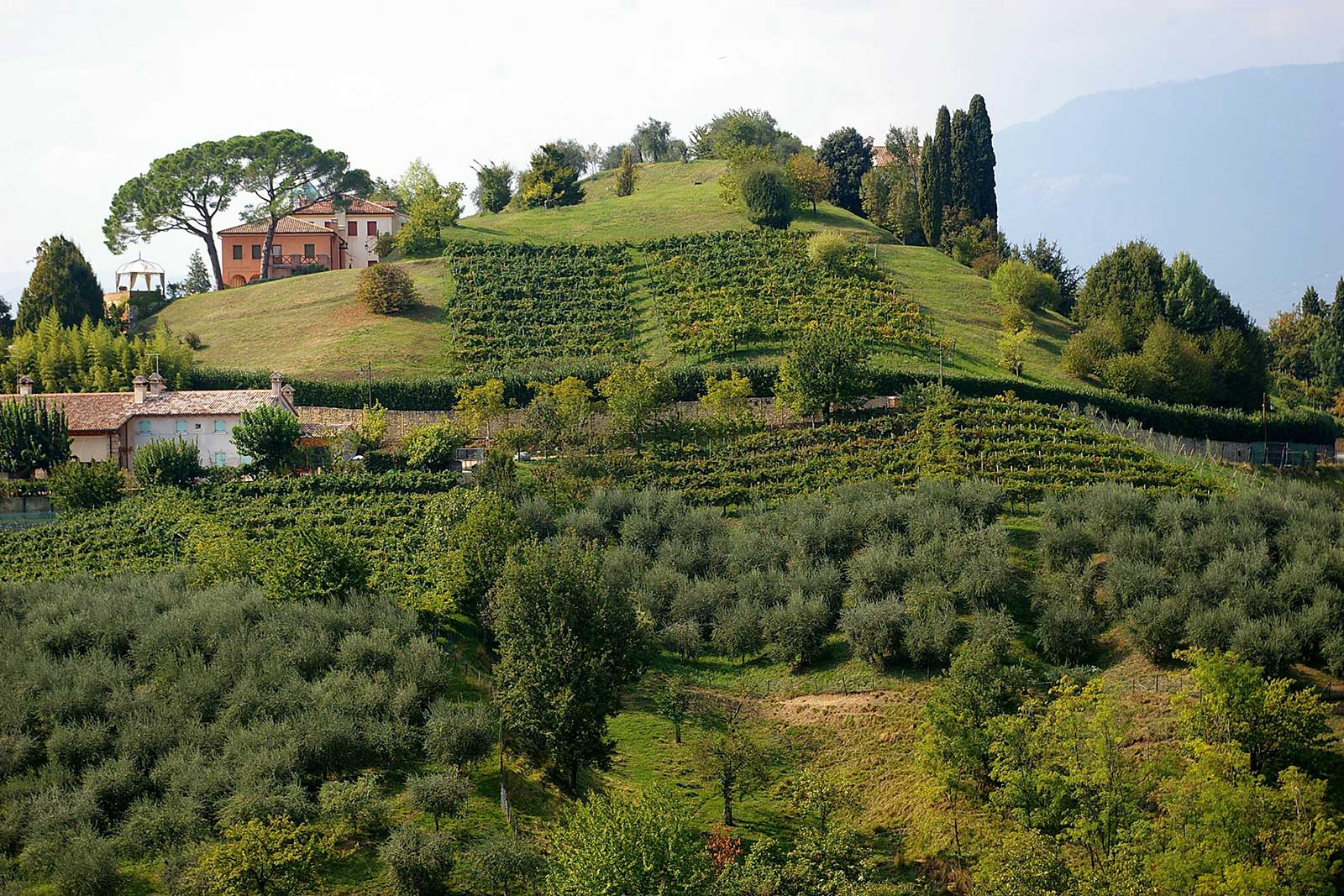
Kevin Day: What suits your style more: a restaurant with an extensive wine list and cellar, or a casual wine bar with a curated selection of wines?
Andrew Jefford: Casual every time. I’m a brasserie guy. I love those closely-printed, single-card, A3-sized lists with something for everyone on somewhere. A red Graves, a good Cotes du Rhone, a Cahors or a Madiran and I’m happy.
Kevin Day: Recalling all of the vineyards you have walked through in your career, which one stands out to you as the most beautiful?
Andrew Jefford: Which ONE? Hmm … Languedoc vineyards can be incredibly beautiful. Mas de Brugiere up the road in Pic St.-Loup is, honestly, very hard to beat — the crags of Hortus on one side and the dark peak of Pic St.-Loup on the other. Wonderfully dramatic, with the vineyard interfolded with the garrigue forest — and the light of Languedoc spreading its lavish warmth over all.
Kevin Day: What single grape variety should more people be paying attention to at the moment?
Andrew Jefford: Ruche!
Kevin Day: If you could go back to the start of your wine writing career, what advice would you give your former self?
Andrew Jefford: Work hard, but dream, too. Mingle the two.
Five Essential Reads from Andrew Jefford
Why Terroir Means So Much
The Financial Times – August 23, 2019
Stories Should Cling to Wine Like Mussels to Rope
Decanter – October 20, 2021
Wine and Money
Decanter – August 13, 2018
Tips for Wine Lovers Whose Heads Are Turned to Whisky
Club Oenologique – November 25, 2020
One Bottle: 2016 Domaine de Villaine Bouzeron: Locked Down Glory
World of Fine Wine – May 18, 2020

